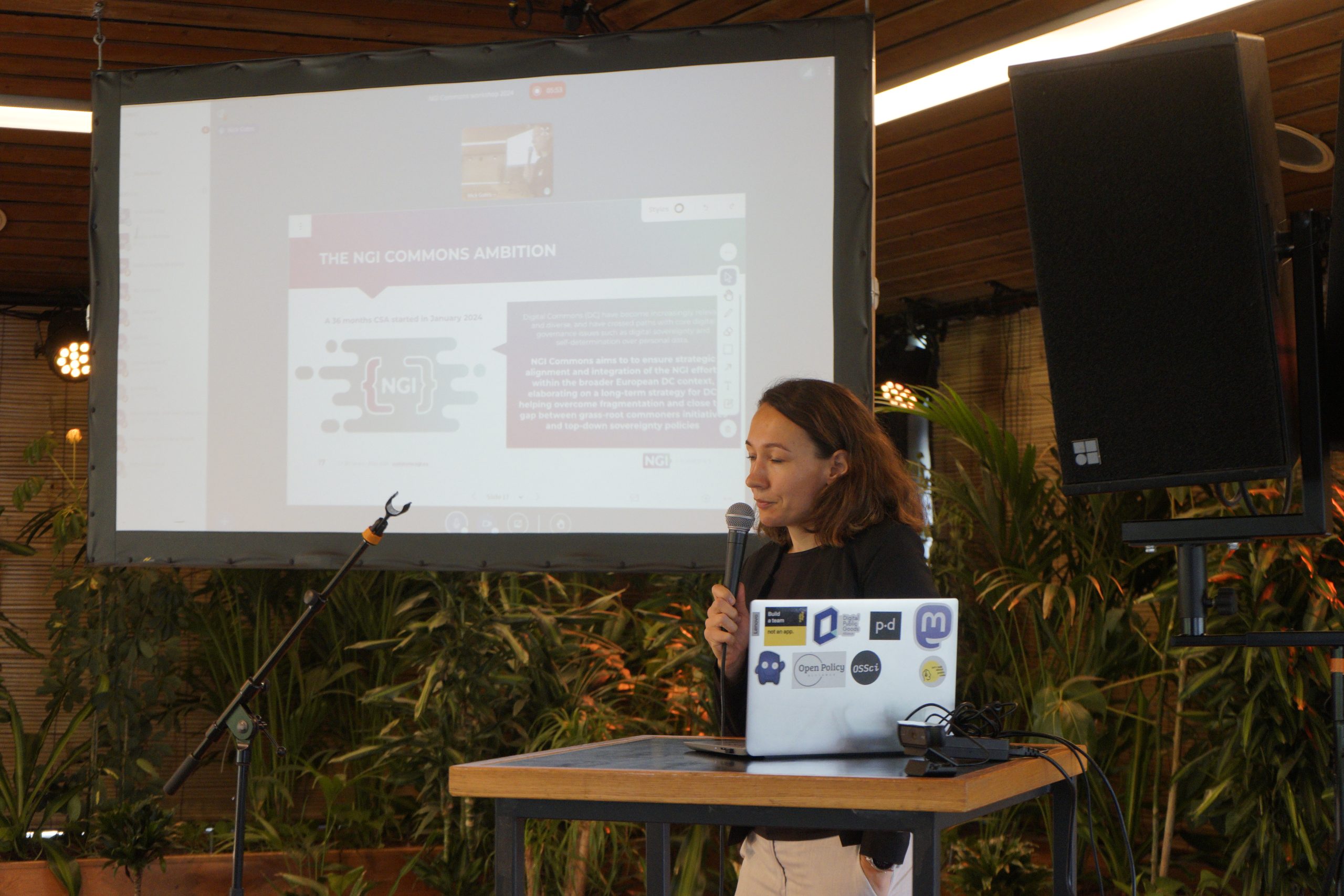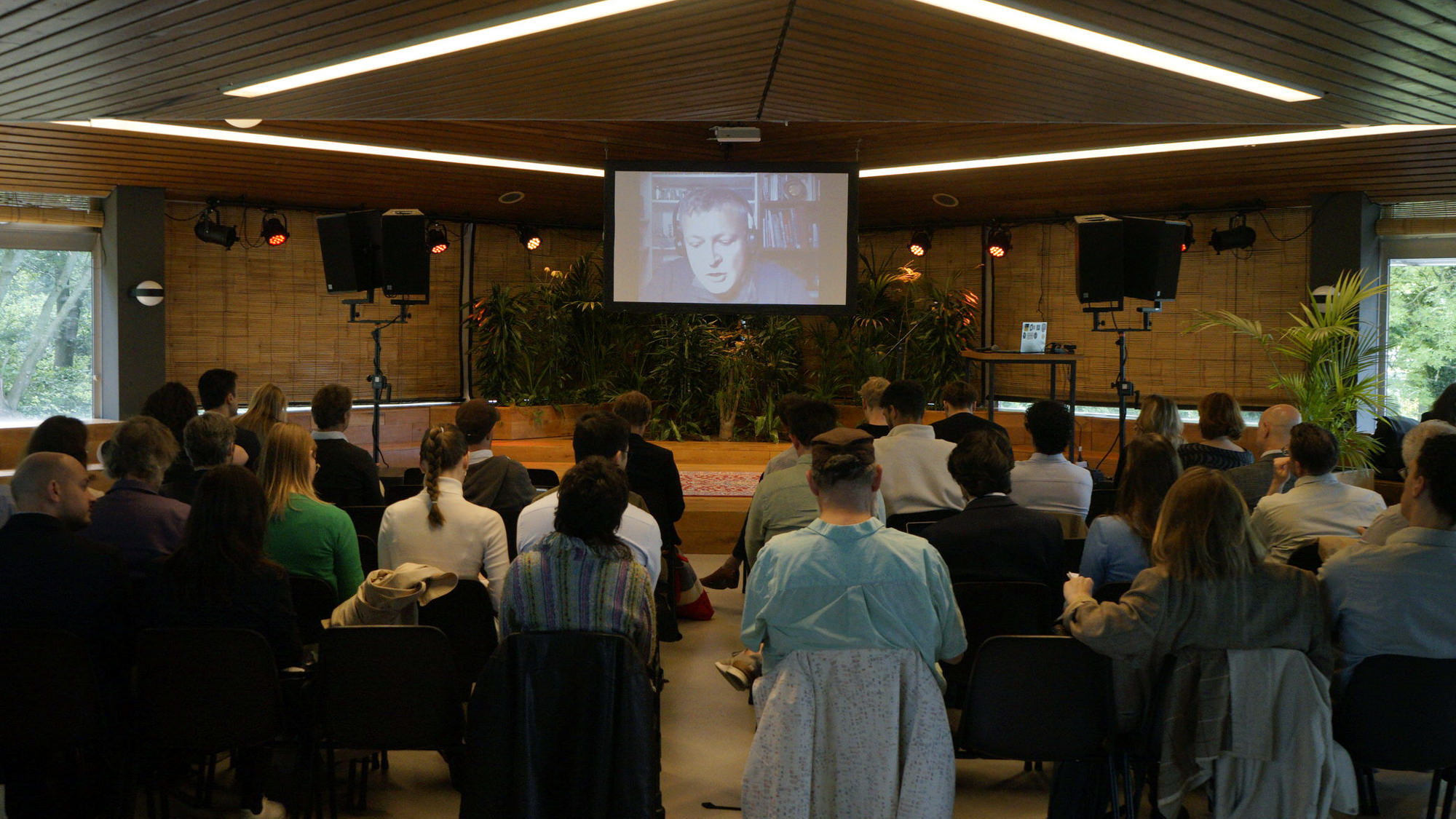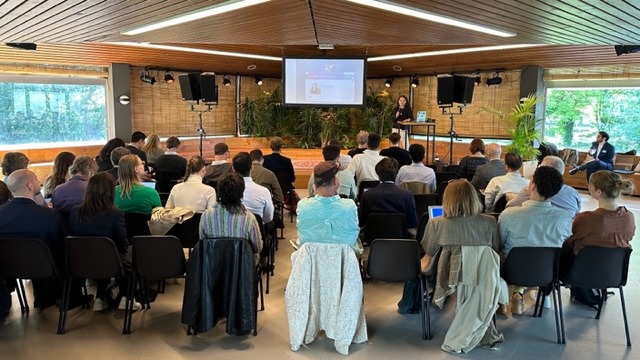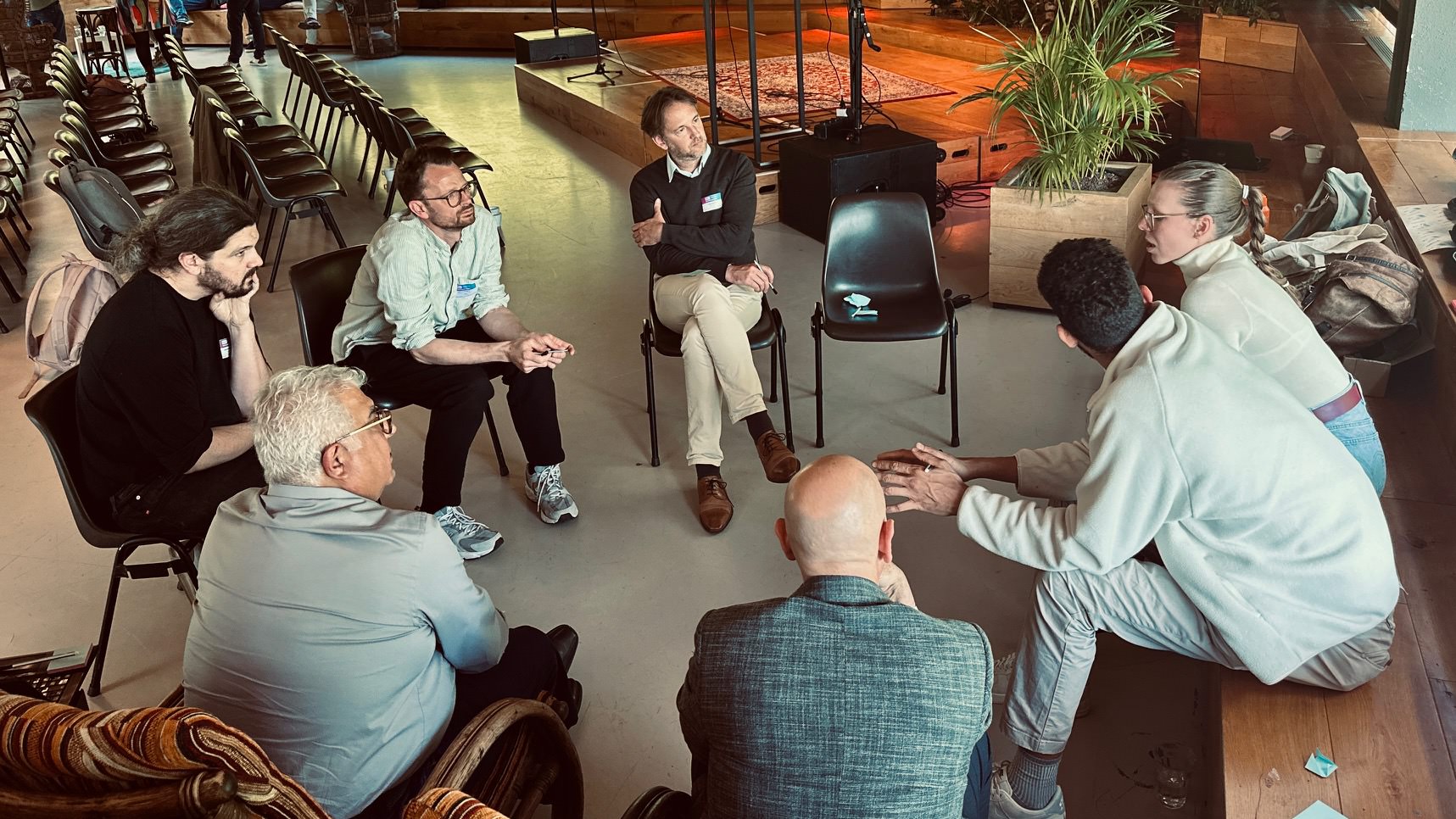What are Digital Commons? How could we possibly co-create Europe’s digital future by developing shared, public interest digital resources and infrastructures? What role can or should the public sector play in funding the Digital Commons, and how can we measure the leverage effect of funding on the prosperity of the Digital Commons in Europe and beyond?
These were some of the many questions put forth by a recent workshop held by the Next Generation Internet (NGI) Commons consortium. The NGI Commons Workshop 2024: Co-Creating Digital Commons Priorities for Europe’s Digital Decade was a unique engagement workshop held on 5 June 2024, located at the Tolhuistuin venue in Amsterdam’s Noord neighbourhood.
The aim of the workshop was to gather representatives from the European Digital Commons ecosystem, including experts members of NGI Commons’ advisory bodies (the Digital Commons Task Force (DCTF) and Strategic Advisory Panel (SAP)), with the goal of triangulating Digital Commons priorities and topics perceived by commoners, experts, and policymakers as being relevant to those ambitions being expressed by NGI Commons and related policy initiatives in the EU. (In this case, related initiatives include, for example, the European Digital Infrastructure Consortium (EDIC) for Digital Commons, which is currently being scoped as an initiative of France, Netherlands, Germany, and Estonia.)
The event gathered over 40 commoners and experts together, with 10 more participants joining online throughout various points of the day. Across six sessions, members of the NGI Commons consortium shared more details and context about the activities of the NGI Commons project, as well as situated their work in a broader context of the Next Generation Internet (NGI) and policy landscape. Two of these sessions were facilitated as interactive workshops, wherein participants shared their insights and experiences in relation to active work being done by the NGI Commons. The day concluded with an in-depth brainstorming and ideation workshop, where participants were invited to share their perspectives and experiences on the past and future of Digital Commons in Europe and discuss what the future priorities for the Digital Commons should be.
The workshop was rich and busy, providing us a useful foundation of inputs from the community which will hopefully lead the way in creating a Digital Commons environment that serves the interests of all its citizens and contributes positively to global progress. During our brainstorming sessions, participants broadly agreed that the future of the Digital Commons landscape in Europe should capitalise on its strengths, address weaknesses, mitigate threats, and seize opportunities to flourish – even if they differed in their understanding of Digital Commons and how to achieve that.
5th June 2024, Amsterdam
NGI Commons Workshop 2024: Summary Report
In particular, four key considerations were identified:
- Consideration #1 – Be aware of and respond to the potential for concept drift: While there have been many attempts at defining and providing more substantiation to the idea of Digital Commons, there is a risk that people do not connect with the definition and it loses its currency amongst policymakers. This could happen as a result of any number of factors, whether it be the failure of specific policy initiatives or simply the inability to properly socialise and raise awareness of the concept.
- Consideration #2 – More actively market and raise awareness around the term Digital Commons: As a result of some of the considerations highlighted above, it will be important to build a narrative for Digital Commons which extends beyond NGI Commons. Many suggested more active ‘marketing’ of the term, trying to get it part of more regular policy debates by collaborating more with the media. In this way, it could be useful to test out a stronger and more forceful message about the need to protect the commons, as well as identify the role of Digital Commons in other discourses around digital governance and human-centric digital transformation more broadly.
- Consideration #3 – Consider funding holistically and examine in granular detail funding approaches from NGI and beyond, in order to learn what works and what does not: In terms of funding, many believed that it would be difficult to quantitatively measure the leverage effect of NGI funding and that the research might uncover a need for NGI to test and experiment with different approaches. In particular, cascade funding for projects – to see what works for projects given their particular needs – was considered an approach worth studying and testing. In order to enable this, alternatives for legal/fiscal ownership and stewardship may need to be explored through NGI Commons policy recommendations.
- Consideration #4: Connect the Digital Commons agenda to other policy debates: In order to make a case for Digital Commons at scale, it will be important that the consortium does not allow Digital Commons to become siloed or separate from other policy debates. While the process of making this case is only just beginning with the NGI Commons project, many worried in the workshop that a lack of sustained attention would become a big threat to the Digital Commons agenda.
As the key considerations above make clear, the Digital Commons agenda has stirred useful conversations about how to create public alternatives to Big Tech solutions as part of our use of technology across the whole of society. While the Digital Commons landscape in Europe is still young, there are some strong foundations and even stronger opportunities for us to seize on as NGI Commons.
5th June 2024, Amsterdam




